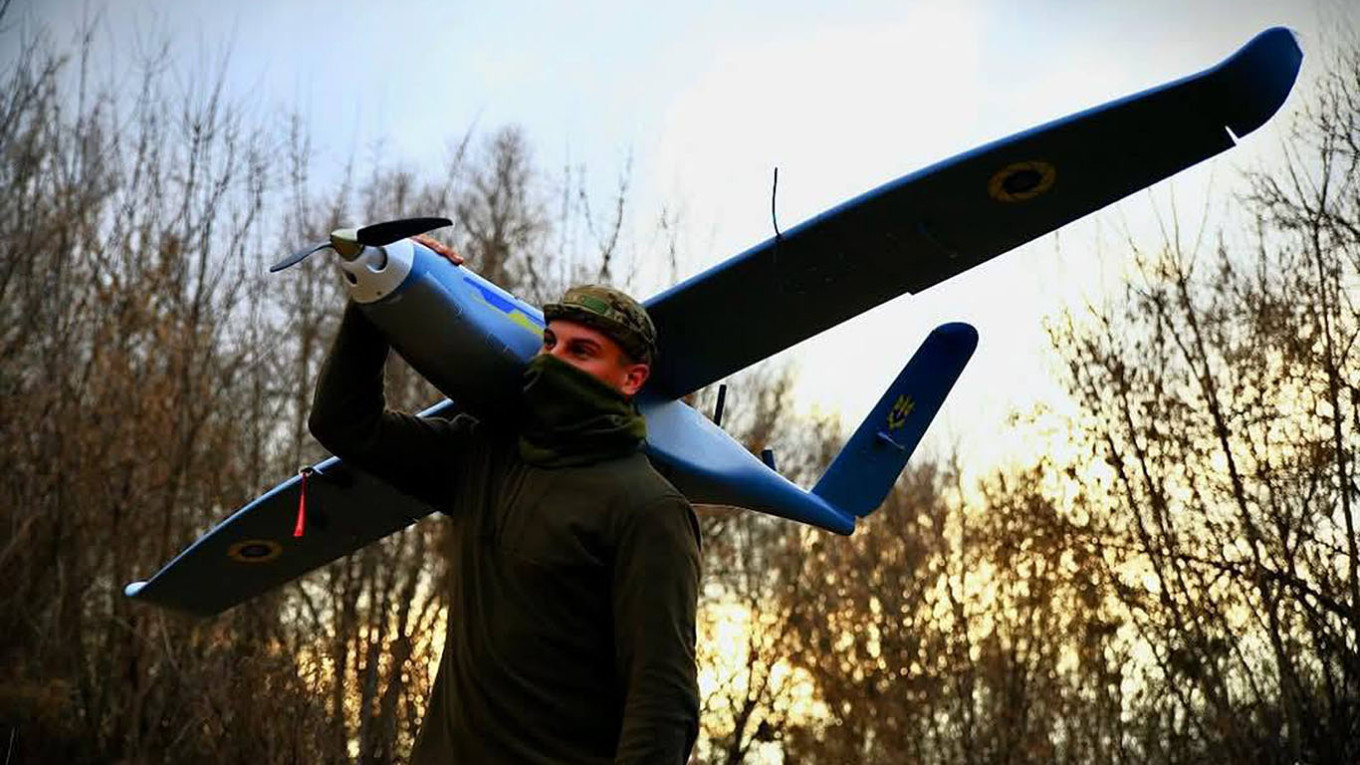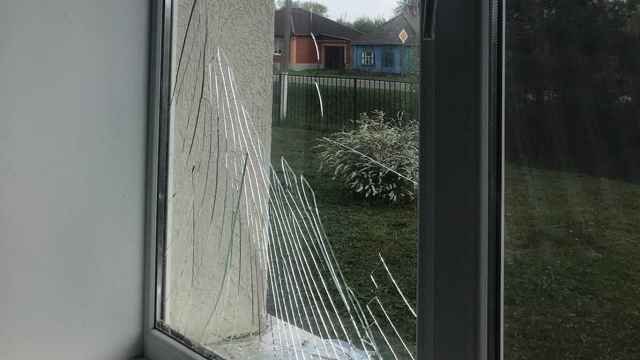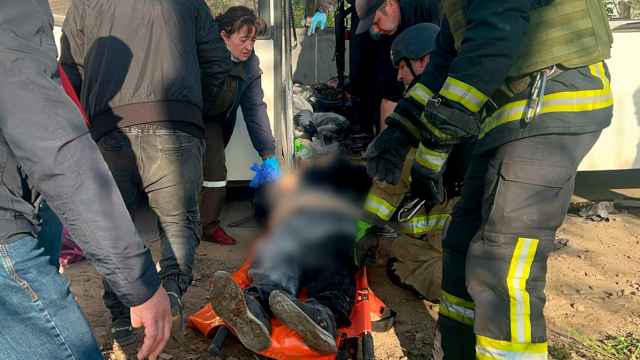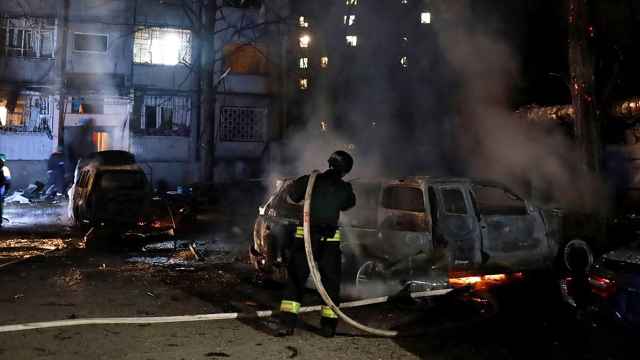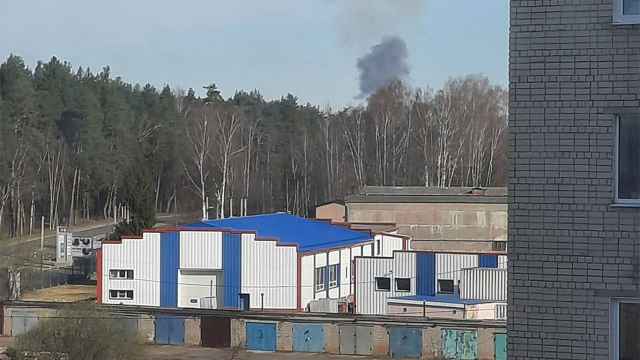Russian hospitals and clinics will soon be outfitted with anti-drone defenses under a new government decree that updates counterterrorism requirements for healthcare facilities.
The rules divide medical institutions into categories based on the scale of potential damage in the event of an attack.
Facilities deemed most at risk, where an assault could injure more than 1,000 people and cause losses exceeding 100 million rubles ($1.2 million) will be required to install “special technical systems” capable of detecting aerial, underwater and surface drones.
Other hospitals and clinics will be fitted with engineering and technical equipment to counter unmanned aerial vehicles, while staff will undergo regular training exercises under new security protocols.
Facilities in the third tier, where damage could range from 30 million to 50 million rubles ($373,000-$623,000) and casualties from 50 to 500 people, will need continuous video surveillance in vulnerable areas, with footage stored for at least one month.
The decree comes as Ukraine intensifies its use of drones to strike inside Russia, targeting military facilities and oil refineries far from the front line.
In August alone, Ukrainian drones hit refineries in the Samara, Ryazan, Saratov and Volgograd regions around 10 times, knocking out roughly 13% of Russia’s refining capacity, according to calculations by The Moscow Times.
Energy companies had already started investing in anti-drone systems last year, deploying portable jammers, anti-drone rifles and stationary electronic warfare systems. The exiled investigative outlet Important Stories reported in March that at least 1 billion rubles ($11 million) had been spent on such defenses in 2023.
Russian authorities now routinely declare a state of “drone danger,” even in regions far from the fighting in Ukraine.
While most Ukrainian strikes have focused on military and energy targets, civilian buildings — including apartment blocks and sports complexes — have also been damaged, particularly in Russia’s border areas.
In late June, Ukraine’s then-Defense Minister Rustem Umerov said Kyiv planned to sharply increase its long-range drone strikes against Russia in 2025.
A Message from The Moscow Times:
Dear readers,
We are facing unprecedented challenges. Russia's Prosecutor General's Office has designated The Moscow Times as an "undesirable" organization, criminalizing our work and putting our staff at risk of prosecution. This follows our earlier unjust labeling as a "foreign agent."
These actions are direct attempts to silence independent journalism in Russia. The authorities claim our work "discredits the decisions of the Russian leadership." We see things differently: we strive to provide accurate, unbiased reporting on Russia.
We, the journalists of The Moscow Times, refuse to be silenced. But to continue our work, we need your help.
Your support, no matter how small, makes a world of difference. If you can, please support us monthly starting from just $2. It's quick to set up, and every contribution makes a significant impact.
By supporting The Moscow Times, you're defending open, independent journalism in the face of repression. Thank you for standing with us.
Remind me later.


